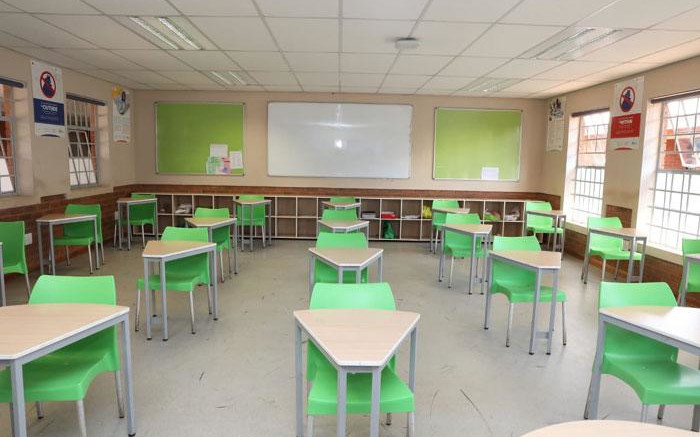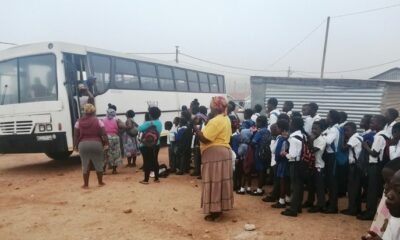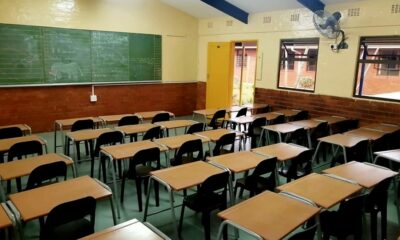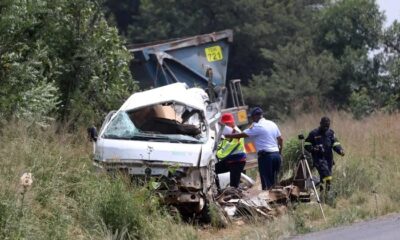Imagine running a household budget, carefully planning your expenses for the year, only to be told months later that a significant portion of your expected income has simply vanished. This is the stark reality facing over 600 public schools across Gauteng, leaving principals and governing bodies in a state of financial shock and parents bracing for impact.
The Gauteng Department of Education (GDE) has announced that from April 2026, its per-learner subsidy for Quintile 5 schools will be slashed from R879 to just R315a devastating 65% cut. For schools already navigating tight budgets, this isn’t just a statistic; it’s a direct threat to the quality of education and the very programs that make a difference in children’s lives.
The Real-World Math of a Funding Cut
On the surface, a reduction of R564 per child might not sound catastrophic. But as Dr. Jaco Deacon, CEO of the Federation of Governing Bodies of South African Schools (Fedsas), starkly illustrates, the scale changes everything.
“For the average Gauteng school with 1,200 learners, this suddenly becomes R600,000 less income for the next year,” Deacon explains. “That’s not a small shortfall; that’s the salary of several assistant teachers, a year’s worth of textbooks, or the entire budget for after-school support programs. Ultimately, parents will have to pay for this deficit if the department doesn’t step up.”
The Quintile Conundrum: Why This Cut Hurts More Than You Think
A common misconception is that Quintile 5 schools are bastions of privilege, immune to financial pressure. The reality on the ground is far more complex. The quintile system, based on the relative wealth of a school’s geographic community, is widely seen as outdated.
Many of these schools now serve a diverse body of learners, including children bussed in from poorer, neighbouring areas. This creates a fundamental mismatch: the school is classified as “wealthy,” but the actual financial reality of its parent community is far more modest and cannot easily absorb massive fee hikes.
A Bolt from the Blue
The timing of the announcement has exacerbated the crisis. The letter from the GDE arrived on September 30the statutory deadline for schools to submit their annual budgets. This meant that hundreds of schools had already finalised and approved their financial plans for 2026 based on the existing subsidy, only to have the rug pulled out from under them.
“This has created procedural and operational chaos,” says Deacon. “Schools now face a massive inaccuracy in budgets they are legally required to have already set.”
The path forward is fraught with difficult choices. Fedsas is engaging with the national Minister of Basic Education, advocating for a revision of the outdated quintile system and seeking urgent intervention.
Without a reversal or additional funding, schools will be forced to make impossible decisions: cut vital educational programs, increase fees for families already under strain, or both. The consequence of this quiet cut will be felt not in government spreadsheets, but in bustling, vibrant classrooms where the future of Gauteng’s children is being shaped every day.




























